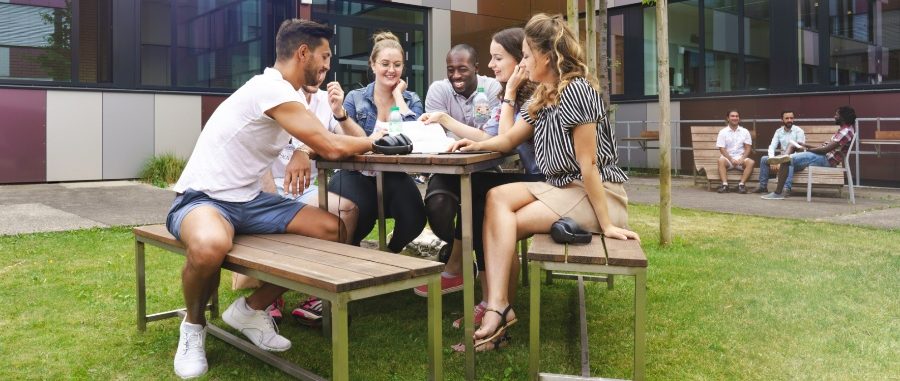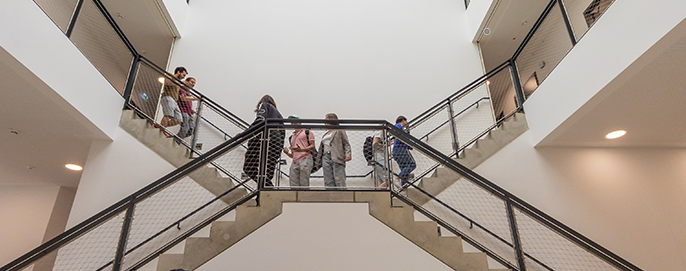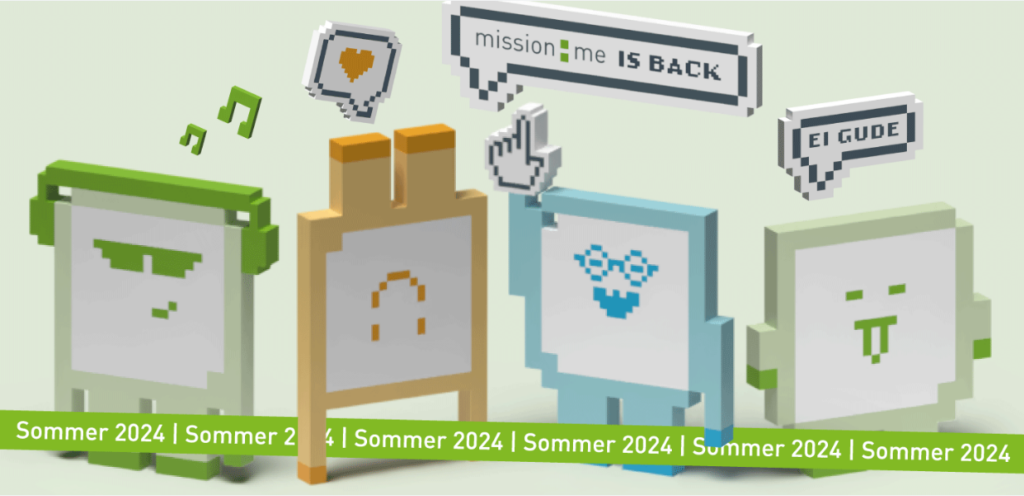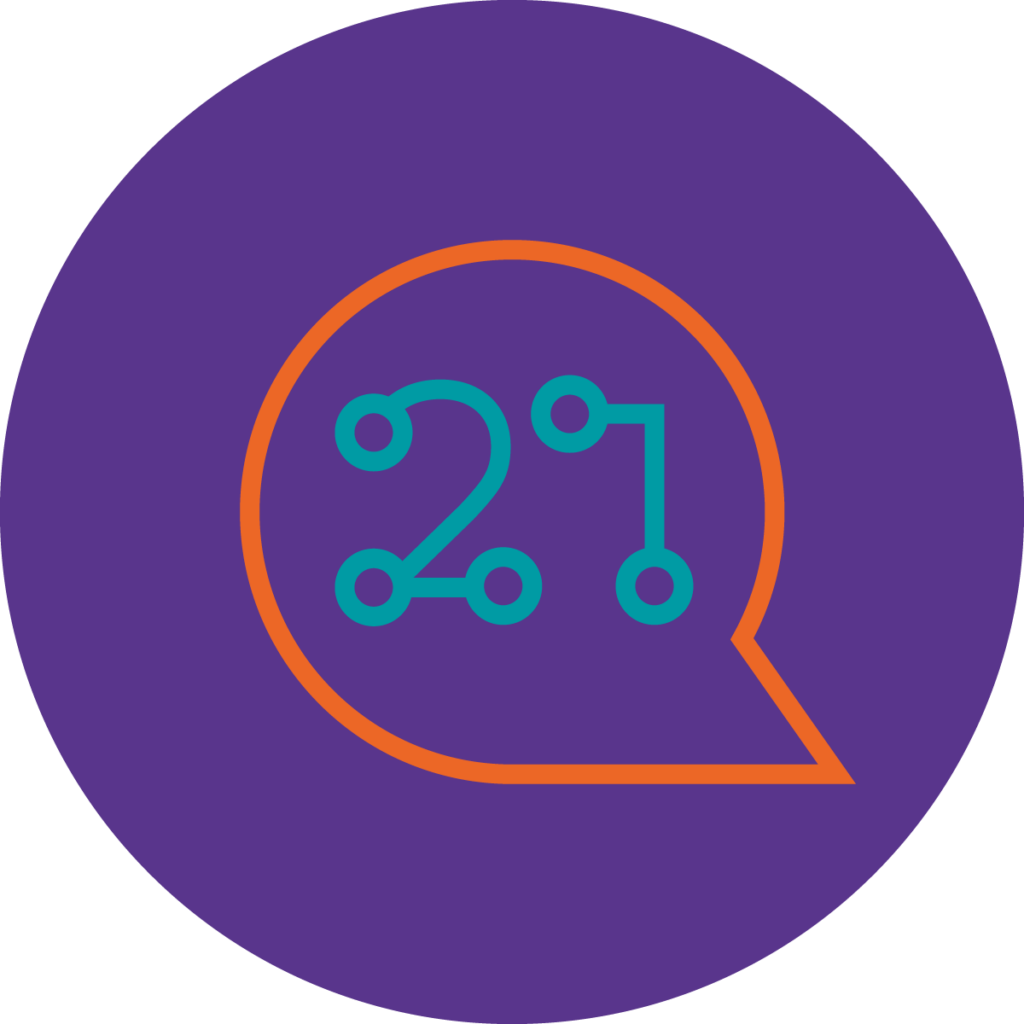At a glance
For: students
Topics: flexible study options, digital self-learning units, hybrid collaborations, advice on flexibility requests, interdisciplinary marketplace, accompanying impact research
Location: RheinMain University of Applied Sciences
Flexible study options at RheinMain University of Applied Sciences
In a constantly changing world, it is essential that
educational pathways can be individually tailored. The last few years have
clearly demonstrated that with an increasingly heterogeneous student body,
different needs must be addressed. These needs may be very similar in some aspects, depending on the students' starting points, but also differ in others: for example, students who are employed alongside their studies have different requirements regarding the planning of their studies and career than students with care responsibilities, who sometimes have to react quickly to everyday realities.
From tailor-made self-study courses and modular programs to
practice-oriented projects – with “Quis flex@HSRM”, HSRM aims to offer a wide range of options to meet the diverse needs of its students:
- Flexible Bachelor's Program in Engineering : The engineering program will in future begin with a common study phase in which modules are offered multiple times, thus allowing for more flexible study design. The choice of specializations allows for a more tailored approach to individual studies.
- Digital self-learning units for “Future Skills” : Tailor-made digital
self-learning units focus on developing future skills to strengthen abilities in key areas for tomorrow's workplace. These additionally acquired skills can be documented in the form of microdegrees. - Interdisciplinary project marketplace : A digital platform will make overarching project ideas visible and allow students to participate in innovative projects and deepen their knowledge in practice.
- “Flex Badge” for selected degree programs : Particularly flexible
degree programs are identified by a “Flex Badge.” This label designates programs that allow for better compatibility with caregiving or employment and
offer a choice between different study paces. - Hybrid teaching and learning settings : Flexible learning space architectures should enable adaptation to the different learning needs of students and, among other things, promote hybrid collaborations.
- AI-supported advice for individual flexibility : The increased need for advice due to individual educational pathways is to be amplified by AI-supported advisory services.
- Low-threshold testing of flexibility projects : Upon application, smaller flexibility projects in individual study programs can be financially supported and tested in a low-threshold manner.
Contact person in
Aline Seyfang-Maas , RheinMain University of Applied Sciences




